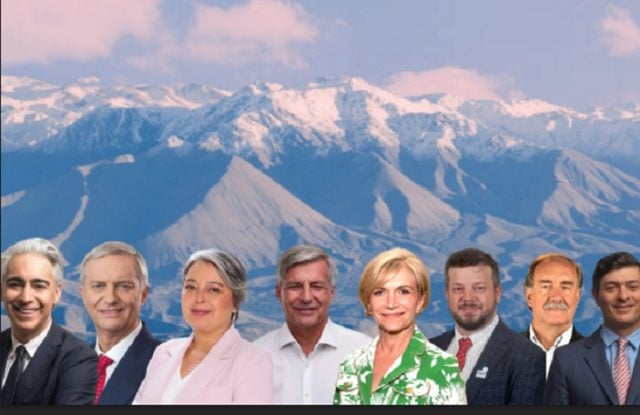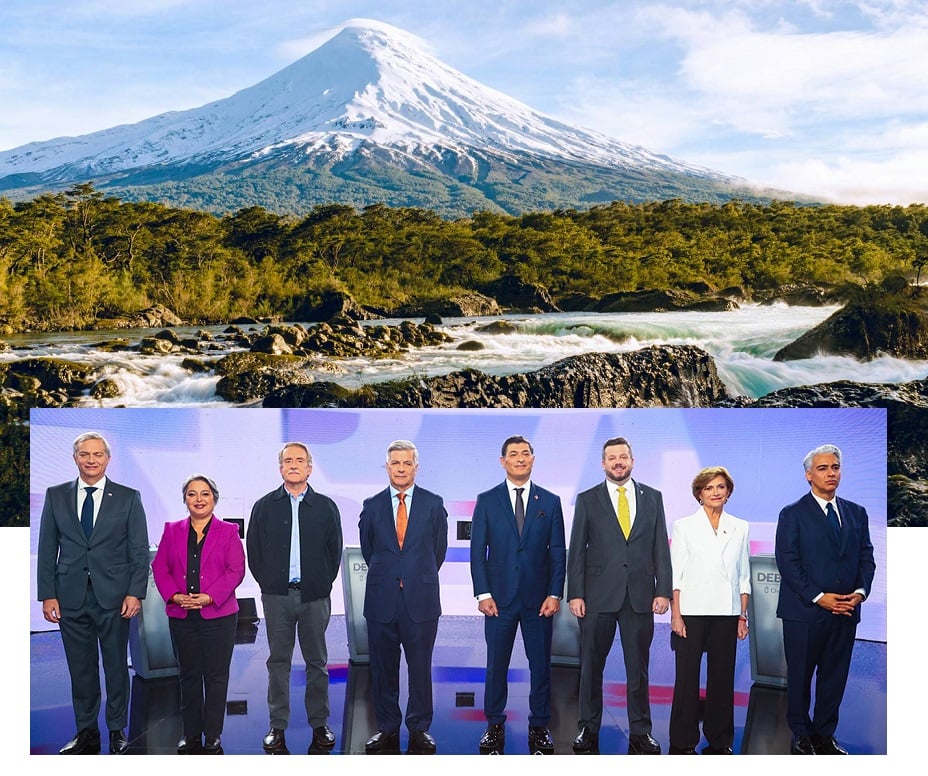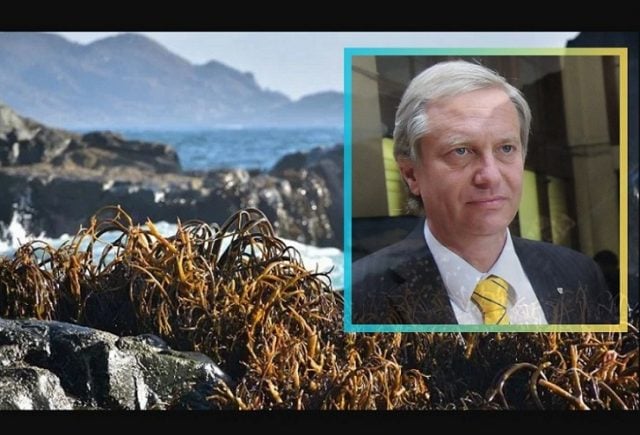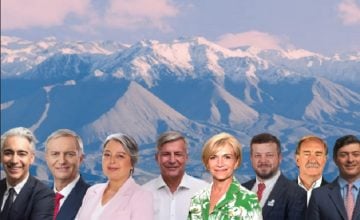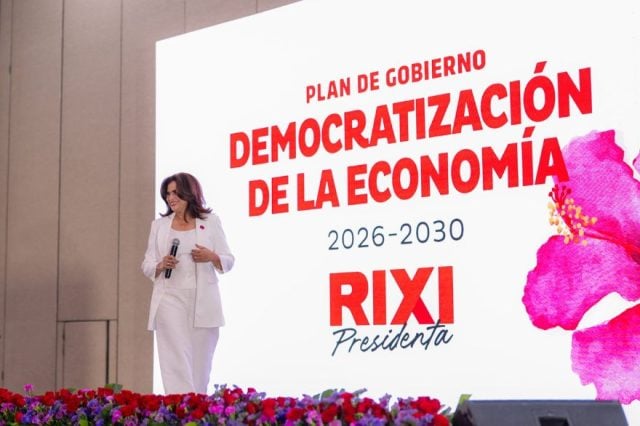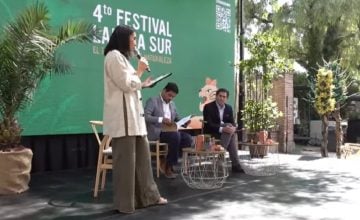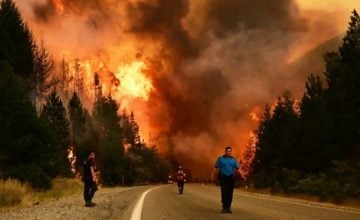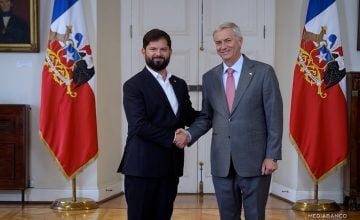Original article: Informe revela retroceso ambiental en programas presidenciales: Prioridad es crecimiento económico desregulado
UNO PUNTO CINCO Analyzes Presidential Programs 2025: Environmental Agenda Loses Centrality to Economic Focus
UNO PUNTO CINCO has released a thorough analysis of environmental and climate-related government programs ahead of the 2025 presidential elections. The report highlights a fragmented scenario where sustainability has been sidelined, giving precedence to economic growth and investment. This shift marks a new phase in public discussion, where «climate action is primarily seen as a tool for productivity rather than a pathway for structural transformation,» as stated in the Executive Summary.
Two Opposing Views on the Environmental Vision
The study identifies two distinctly different blocs. On one side are candidates attempting to reconcile development with sustainability, aiming to balance investment, regulation, and environmental protection. This group includes Alfredo Mayne-Nicholls and Marco Enríquez-Ominami, who advocate for strengthening ecological regulations, along with Jeannette Jara and Evelyn Matthei, who «link increases in mining or energy production with safeguarding mechanisms». Opposing them is a second bloc that favors deregulation and economic reactivation with minimal environmental criteria, consisting of Franco Parisi, José Antonio Kast, and Sebastián Kaiser. This group «advocates ideological views centered on reducing regulations and openly critiques environmentalism,» while Eduardo Artés maintains a statist approach with no clear environmental strategy.
Programmatic Robustness: From Measurable to Declarative
The analysis of proposal solidity shows significant differences. Jeannette Jara and Evelyn Matthei present the most structured platforms, «with measurable objectives, defined timelines, and identifiable management mechanisms». Mayne-Nicholls, Enríquez-Ominami, and Parisi achieve an intermediate level, incorporating environmental tools but lacking clearly defined goals. At the opposite end, Kaiser maintains a heavily ideological discourse with low technical support, while Kast and Artés rank among the least solid proposals, «with general measures lacking data backing and implementation strategies.»
Across the board, most programs emphasize the need to reactivate investment and expedite project approvals, without detailing how this acceleration will align with rigorous environmental assessments. A common agreement is the use of desalination plants to address the water crisis. However, the report warns that «gaps persist regarding financing, citizen participation, and institutional coordination, limiting the ability to build coherent and effective environmental governance.»
In conclusion, the document summarizes that the 2025 presidential programs reflect a politically pragmatic stage dominated by economic considerations. The comparative analysis reveals «a growing narrative dispersion and uneven maturity in addressing the country’s environmental and climate challenges.» The climate agenda appears less structured than in 2021, overshadowed by a renewed focus on economic growth and security. Overall, the tension between extractivism and ecologism resolves into moderate productivism, more concerned with stability than transformation.
Ultimately, the UNO PUNTO CINCO report suggests that the country’s major challenge will be «to reinstate the climate agenda within a new pact for fair and resilient prosperity,» combining economic stability, environmental justice, and long-term resilience—an objective that, according to the analysis, is not yet adequately captured by the presidential proposals.
View full report:
Analysis of Current Presidential Programs on Environment and Climate Change Ahead of the First Round
